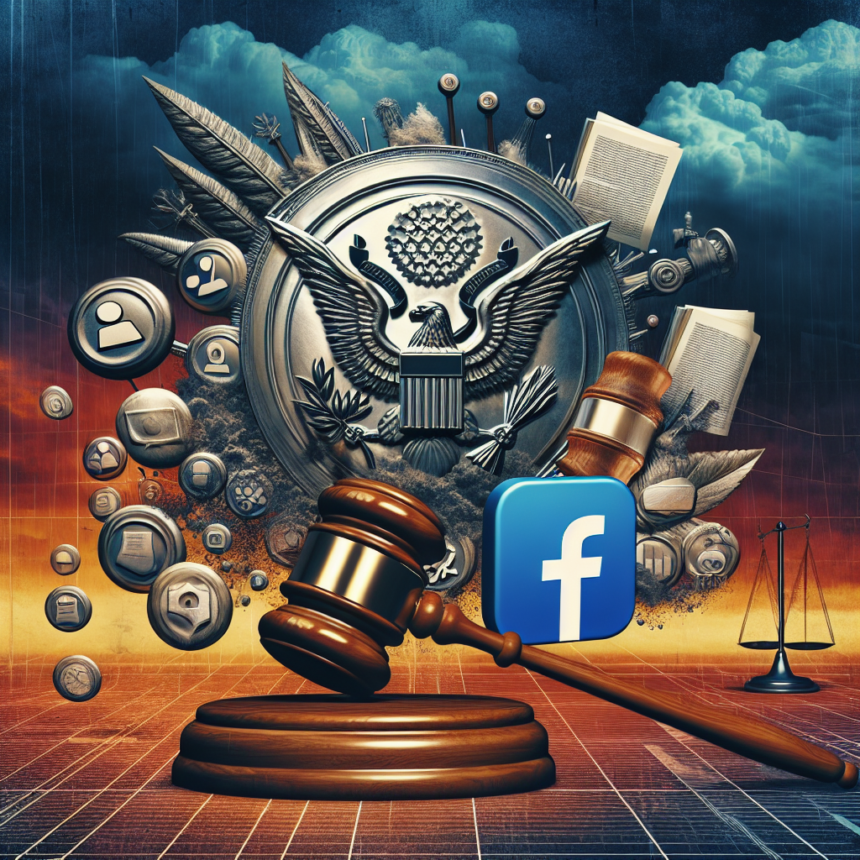The push to ban popular social media app TikTok is picking up momentum in Congress, raising concerns about the potential implications of such a move. If lawmakers follow through with the ban, it could lead to a series of complicated repercussions from practical, legal, and political standpoints.
One of the practical challenges of banning TikTok is the massive user base it has accumulated. With over 800 million active users worldwide, shutting down the app would disrupt the lives of countless individuals who rely on it for entertainment, communication, and even income. The app has also become a platform for diverse forms of expression and creativity, which would be stifled if it were to suddenly disappear.
On a legal level, banning TikTok would raise questions about free speech and censorship. While concerns about the app’s data privacy practices are valid, restricting access to a popular social media platform could set a dangerous precedent for government control over online content. It could also trigger lawsuits from users who feel their rights are being violated by the ban.
From a political standpoint, the decision to ban TikTok could have far-reaching implications. Given the app’s popularity among younger generations, a ban could potentially alienate a significant portion of the voting population. It could also strain diplomatic relations with China, where TikTok’s parent company ByteDance is based. China has already expressed its opposition to any attempts to ban the app, further complicating the situation.
In considering whether to ban TikTok, lawmakers must weigh the potential consequences carefully and consider alternative solutions to address the concerns raised by the app’s critics. While protecting data privacy is important, there may be other ways to achieve this goal without resorting to a complete ban that could have unintended consequences.
In my opinion, banning TikTok may not be the most effective or appropriate solution to address the concerns surrounding the app. While it is important to protect users’ data privacy, there are other methods, such as increased regulation and oversight, that could achieve this goal without depriving millions of people of a popular platform for self-expression and communication. Additionally, a ban on TikTok could set a dangerous precedent for government censorship of online content, infringing on individuals’ freedom of speech rights. Lawmakers should explore alternative approaches to address the issues with TikTok while preserving the rights and interests of its users.


